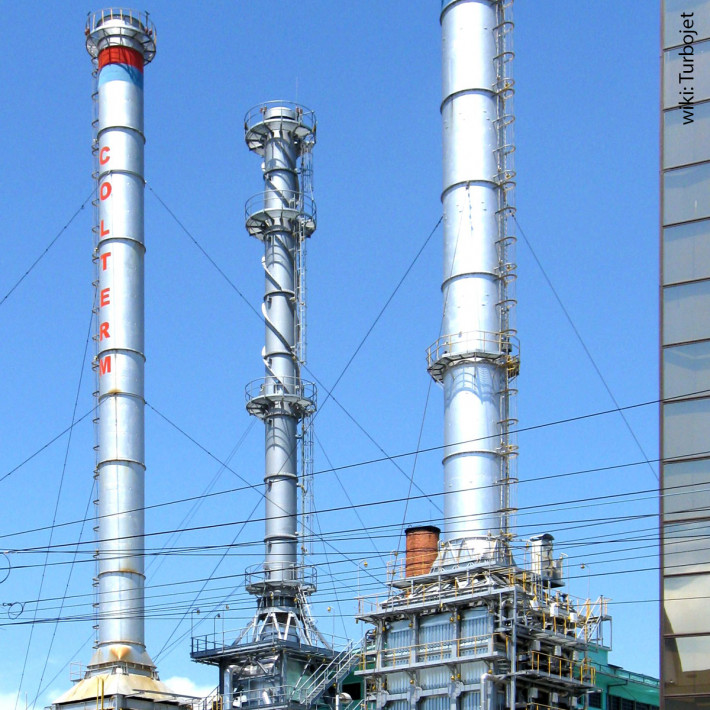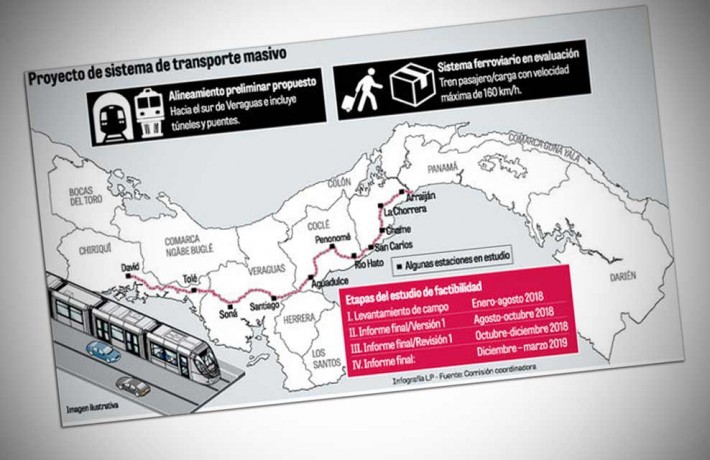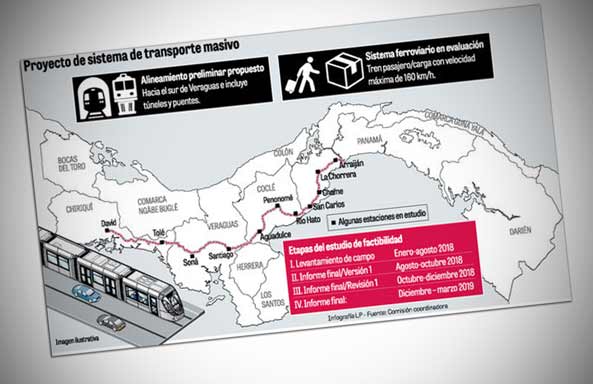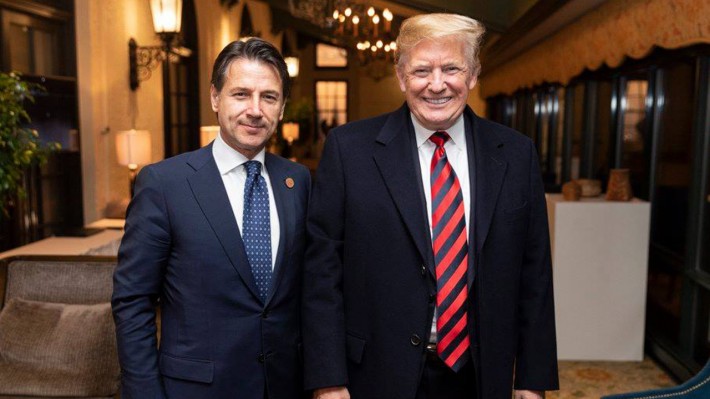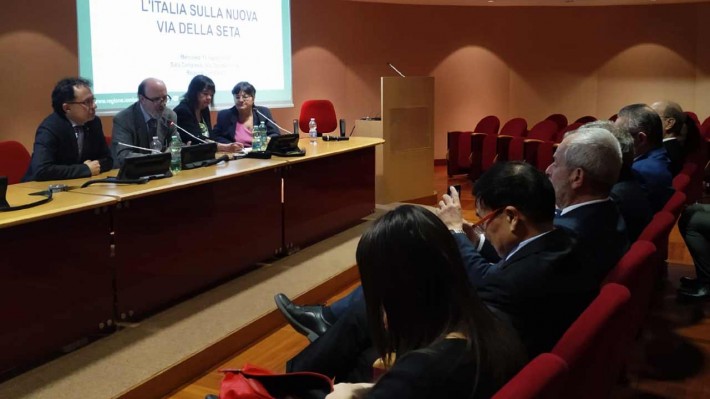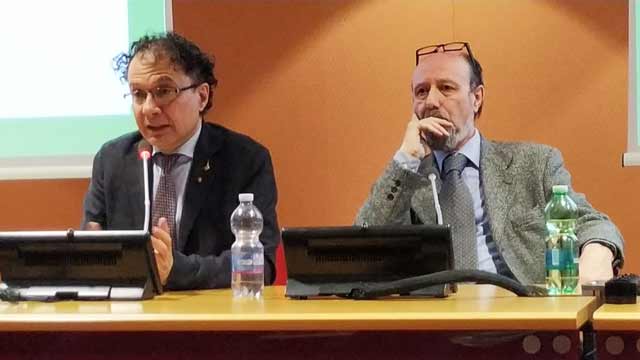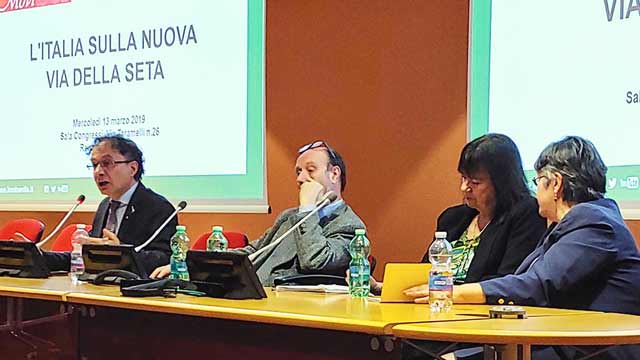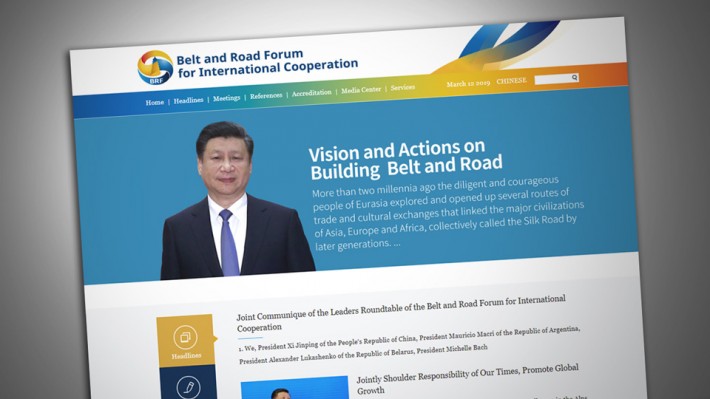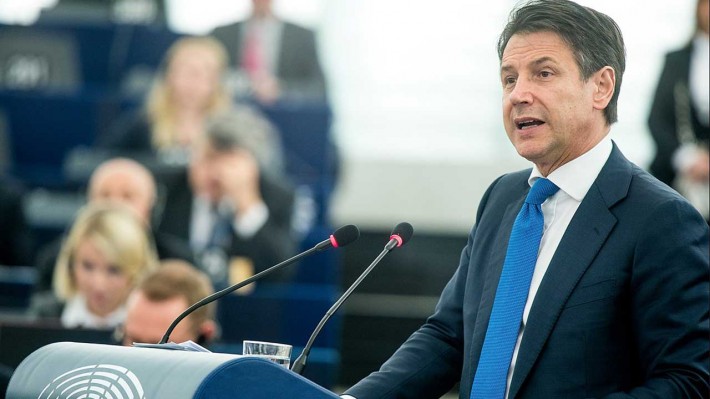(PDF)
November 4—On October 26 of this year, Colterm, the city-owned heating company of Timisoara, a major city in western Romania, was declared insolvent, and was shut down. Since 2006, Colterm was supposed to pay millions of euros for its CO₂ emissions. Unable to afford the expense, Colterm was consequently fined 21.6 million euros under the Government Emergency Environmental Ordinance 196/2005 with regard to the Environment Fund. This, combined with other accumulated debt, forced Colterm into bankruptcy. Thus the hospital in Timisoara had to put all newborns into the one room with electric space heaters; all other patients just got an extra blanket. As this is being written, the outside nighttime temperature is projected to be 34°F.
Unlike in 1989, after the overthrow and execution of Ceausescu, when there was a media furor in the West about the condition of malnourished children in orphanages—and medical personnel remarked on the eerie silence from children too weak to cry—now we have a different eerie silence, from the West: not a word about the deliberate starvation of women and children in Haiti and Afghanistan, or the devastating effects of the Green New Deal.
Nor is Colterm an isolated case; it is the trumpet of a prophecy, coming to a neighborhood near you! Perhaps it’s time to heed the Wake-Up Call issued by CLINTEL and the Schiller Institute.
Who Saw it Coming?
Lyndon LaRouche warned about this even before August 15, 1971, when Richard Nixon abandoned the FDR Bretton Woods monetary system, with its fixed exchange rates, in favor of turning financial markets into a gambling casino.
Who Did It?
A small group of elite bankers and Davos billionaires demanded “regime change” (now being undertaken through the Green New Deal) at an Aug. 2019 conference of central bankers in Jackson Hole, WY. They have apparently succeeded in wresting control of finances out of the hands of elected governments, and establishing dictatorial control to divert all revenues and investments onto the green track. Now, with the huckster’s excuse that these vital energy sources should be taxed because they are contributing to catastrophic climate change, these bankers are using green blackmail to cut fossil fuel energy production worldwide. To show their lying hypocrisy, they shut down nuclear plants, despite nuclear being entirely “carbon-free.” In this way, real shortages were created, such as the Dutch making huge cuts in their natural gas production. In turn, these shortages became the subject of feverish speculation, driving prices up, and up, towards the infamous 1923 Weimar, Germany levels.
We have now reached the critical point of the famous “triple curve,” warned about by the greatest economist of the 20th and the early 21st century, Lyndon LaRouche. This is the critical point of 1923-Germany-style hyperinflation, where disinvestment in the physical economy and unlimited printing of money fuel exponential inflation. In 1923 Germany, people would run to the store for their groceries right after work, because by morning the price would have doubled! This is now happening in most of the world, the result of decades of endless bailouts of the financial sector—bailouts handed over to elite bankers and hedge fund speculators by Western governments. Combine this with the disinvestment in the physical economy, a trend accelerated by COVID (which made the bailouts easier to camouflage), and the economies of Western Europe and the USA have now reached the point of the unfortunate person whose monthly disposable income is less than the interest he or she owes on their credit card debt. Unfortunately, the damage wreaked by this hyperinflationary crisis is rapidly spreading around the world, and can only be mitigated by great powers such as the U.S., Russia, and China, working in collaboration. WE ARE IN BIG TROUBLE!
What Is To Be Done?
LaRouche diagnosed the disease fifty years ago; he has also provided the cure: his Four Laws.
- We must protect the commercial banks and cut loose the investment banks, as per FDR’s Glass-Steagall law of June 16, 1933. Under this system, the government must protect the commercial banks, and erect an impervious firewall to separate them from the speculative investment banks, which will no longer have access to commercial banks’ assets, nor have the privilege of being bailed out by taxpayer money.
Both Russia and China have made significant moves in this direction: Russian President Vladimir Putin has offered long-term contacts for natural gas deliveries, at much lower prices than those charged by the “loan-shark” speculators on the spot market. China is also a bright light here, cracking down on speculators, and preventing John Q. Public from being skinned alive by the money masters. - We must immediately make agreements with other countries to set up our own national banks, in the tradition of Alexander Hamilton’s Bank of the United States or the Kreditanstalt für Wiederaufbau in Germany after WWII, so that state credit for productive investments can supply the physical economy with the necessary funds for explosive growth. Issuance of such credits must be guided by the principles of high energy-flux density and an optimal increase of the productive capacities and powers of labor through an emphasis on scientific and technological progress.
China’s construction of 30,000 km of high-speed rail and its eradication of poverty are exemplary. - We must establish fixed parities between the currencies of participating sovereign states and make treaties to pursue well-defined infrastructure and development projects. These treaties taken altogether, will represent a de facto New Bretton Woods System as intended by Franklin Roosevelt, with the explicit intention of providing credit for the industrial development of the formerly colonized countries.
China’s Belt and Road Initiative is exemplary. - We must urgently increase the productivity of the world economy to accommodate a growing world population, now more than eight billion. Such an increase in productivity must be facilitated by an international crash research program for the development of nuclear fusion as well as other advanced technologies, such as optical biophysics and life sciences, to find solutions for challenges such as the coronavirus. This should be coupled with international cooperation in space technology and travel, towards the next higher economic platform for the world economy.
In Defense of Common Sense
Everything we use in our day-to-day life requires energy. Even more important, the future of our children and grandchildren requires power sources of greater and greater energy densities, such as advanced fission reactors and—as fast as a crash program will get us there—nuclear fusion. Energy is a utility needed to promote the general welfare, and secure the blessings of liberty to ourselves and to our posterity, and should not be manipulated for private profit. Speculation in energy and housing should be made illegal. Do you like to eat? Natural gas is a feedstock for fertilizer, now rising beyond the budget of farmers; crop yields will collapse, and food may become a luxury. Do you need a car to go to work? Heat your house? Take a bath? Then you had better tell your representatives to turn the tables, and skin the green agenda alive. Keep gasoline prices rationally low; keep electricity low; build nuclear power plants, and ditch super-expensive and unreliable windmills and solar power.
Join the Schiller Institute to create a beautiful future of development and growth!









